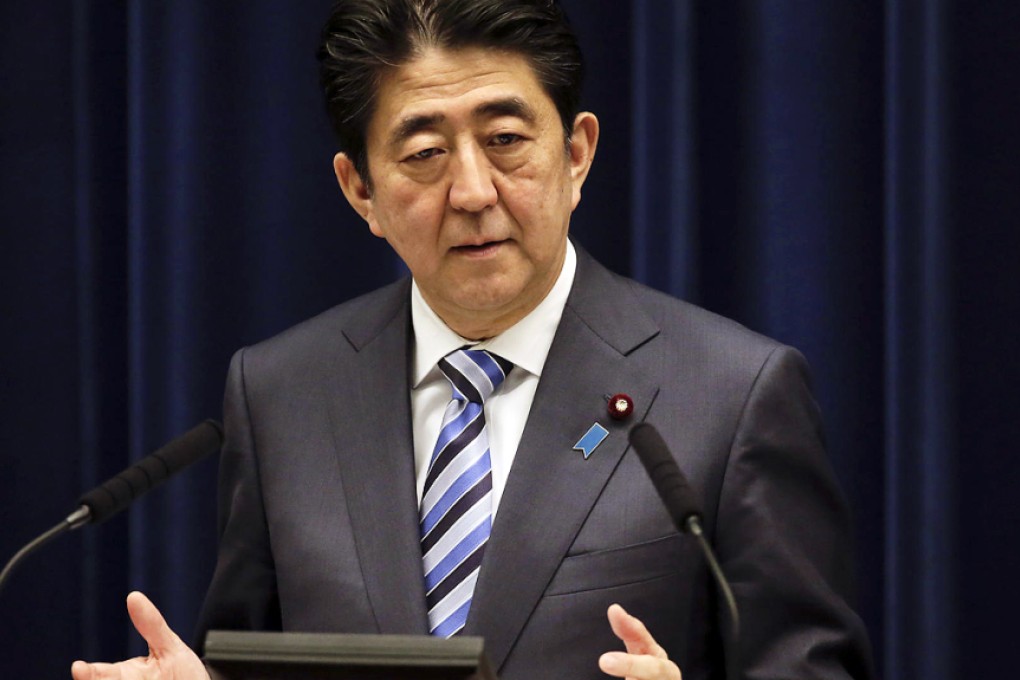Japanese Prime Minister Shinzo Abe set to make history when he addresses joint meeting of US Congress
Underlying friction between allies and the frequent change in leaders in Tokyo meant Abe's address next month will be a first

Washington honours America's closest allies by inviting their leaders to address a joint meeting of Congress. But until last week, when House of Representatives Speaker John Boehner invited Prime Minister Shinzo Abe, no Japanese leaders had received an invitation.
That's striking considering the tight US-Japan alliance in the 70 years since the second world war ended. British, South Korean and German leaders have been invited multiple times.
So have two Liberian presidents and a Latvian one - more than 100 invitations overall since the war. So why not Japan?
The answers have to do with underlying friction that has been a part of US-Japanese relations and, more recently, frequent changes of Japanese leaders.
"His address will provide an opportunity for the American people to hear from one of our closest allies," Boehner said.
On April 28, President Barack Obama will host Abe for talks and a state dinner. Abe will also tour Boston, San Francisco and Los Angeles during the April 26-May 3 trip, according to Tokyo.